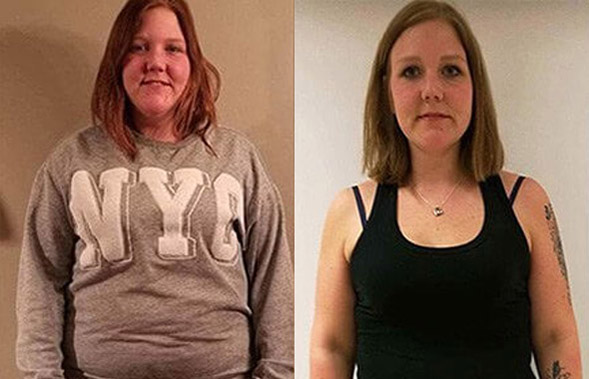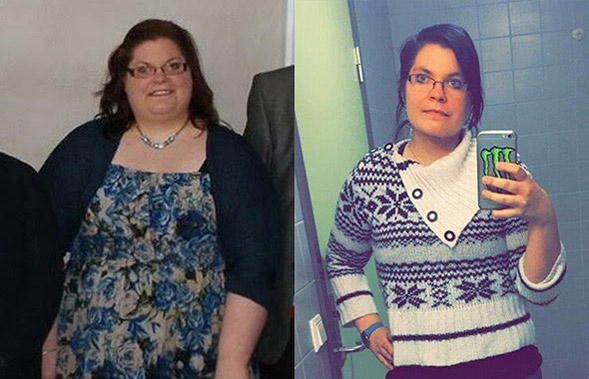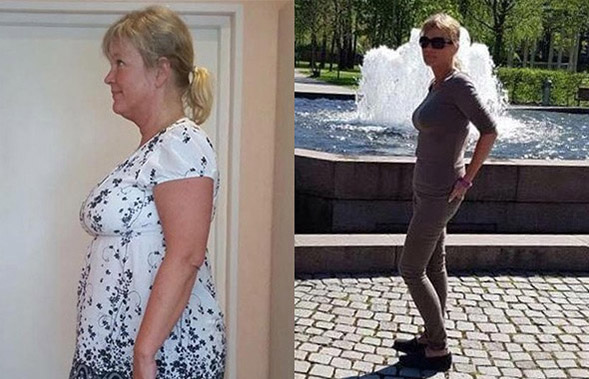Book Free Consultation
| Gastric Balloon | BMI 27+ |
| Gastric Sleeve | BMI 30+ |
| Gastric Bypass | BMI 35+ |
Choose the procedure that suits you best
Weight: Kg | Height: cm |
10 Reasons to choose us
BMI Range
Enter your body profile details to calculate the result.
Hospital Stay
Once the gastric bypass surgery has been completed, you can concentrate on the recovery process, which might take quite a lot of energy, but is so worth it!
The duration of the recovery depends firstly on the size of the incision: if it is laparoscopic surgery, your hospital stay will probably last two to three days, but if it is open surgery, your stay may be longer.
During this time, you will be under complete supervision. Make sure you follow all the recommendations and ask as many questions as you require. The site of the incision may be sore, but medication will help your condition greatly. Some hospitals have a PCA, when a patient can administer painkillers by simply pushing a button.
Following your operation, on the same day, you will be asked to get up and take a short walk. It is an important step, which allows the removal of gas after insufflation. Your doctor will probably ask you to take a couple walks per day. Make sure you ask any questions before being discharged.
Home discharge
There are some common rules, which will make the recovery process much easier. Follow all the recommendations from your doctor and you will see how easy it is to develop new habits and lead a healthier lifestyle.
1. Don’t tolerate pain. You will be prescribed painkillers. It is a way to avoid complications and make the recovery process much simpler. Ask someone to go to the pharmacy and always keep any relevant medication close to you.
2. Restrict activities. A rapid change in diet, lack of nutrition and surgery can contribute to fatigue. You don’t need to run a marathon: walking around the house a couple times per day is more than enough. You can increase the load bit by bit. It is prohibited to lift heavy objects, so make sure you don’t put too much pressure on yourself.
3. Don’t forget about water. Remember that a lack of food and liquid can lead to risks after surgery, so you need to make sure you drink enough water daily. This should be clean water, consumed in small sips throughout the day, without using a straw.
4. Allow yourself to rest. You will be very tired, so any extra chores can wait. Give yourself some time to adjust to the new rhythm: sleep as long as you want. Add extra pillows or a recliner to feel more comfortable during sleep.
It is important that you attend all appointments. The first one might take place a week after surgery. You will be shown the incision site, tell your doctor about your overall health and ask additional questions. Depending on your condition, you may be asked to return in a month, then in six months.
Be honest and sincere with your doctor when providing him with all the necessary information. This may significantly reduce risks and complications.


















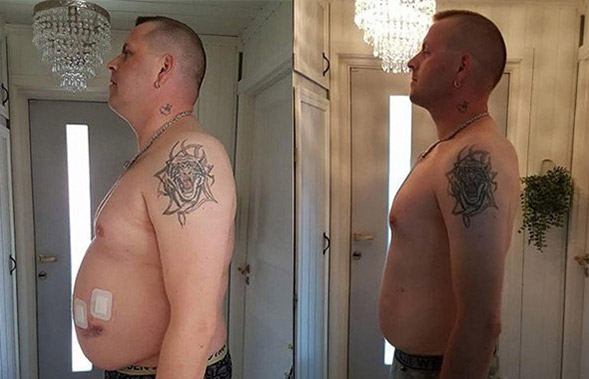
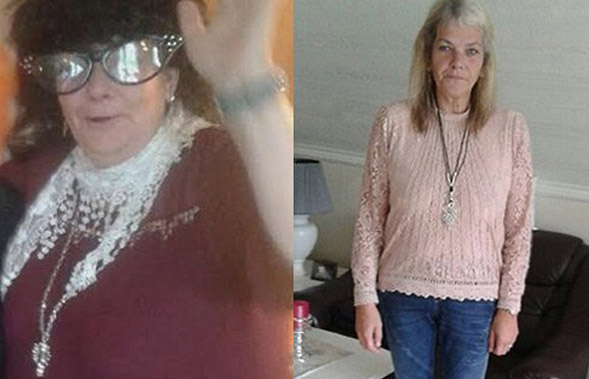
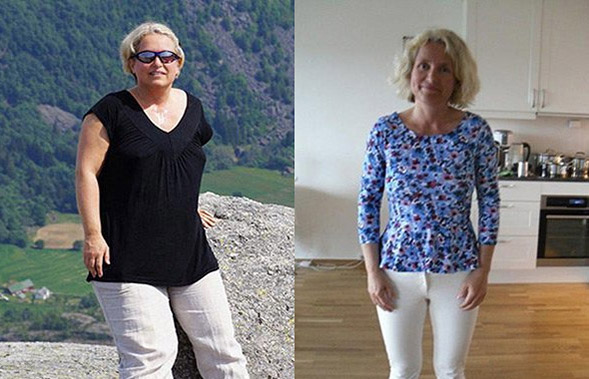



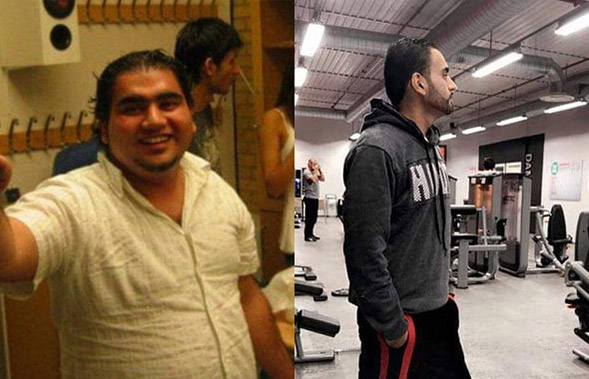

 I am a 26 year old girl from Trondheim. Throughout my life, I’ve struggled with extra weight/being obese. It’s something that has affected me both physically and psychologically.
I am a 26 year old girl from Trondheim. Throughout my life, I’ve struggled with extra weight/being obese. It’s something that has affected me both physically and psychologically. 